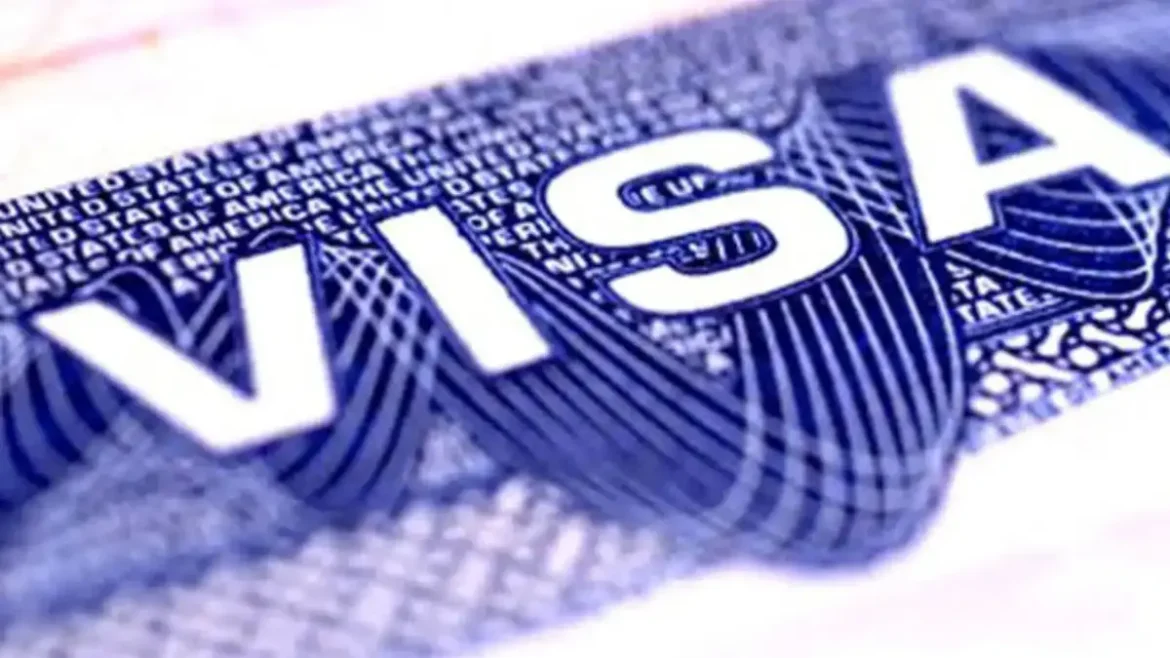In a significant update that could impact thousands of Indian students and professionals, the US Embassy in India has issued a strict warning: disclose all social media accounts used in the last five years—or risk visa denial.
According to the latest guidelines, the US State Department now mandates that all visa applicants must fully list their social media presence when applying. Any omission or false information regarding digital activity could lead to immediate rejection of the application and may render the applicant ineligible for future visas.
Social Media Vetting Takes Centre Stage
The announcement, made on Thursday, is part of the US government’s expanding digital surveillance protocols. It highlights a major shift—from conventional visa interviews to a more aggressive vetting process rooted in online behavior.
“Applicants certify that the information in their visa application is true and correct before they sign and submit. Omitting social media information could lead to visa denial and ineligibility for future visas,” reads the official statement from the US Embassy.
This move follows a broader trend in US immigration policy under the Trump administration, which has been doubling down on security screenings tied to social media activity.
Why This Matters for Indian Students and Professionals
With thousands of Indian students heading to the US for higher education each year, these new requirements introduce a fresh layer of scrutiny. Visa hopefuls are now being urged to clean up their digital footprint and ensure full transparency during the application process.
Social media is no longer just a personal space—it’s now a part of the official immigration screening toolkit.
Recent Cases Raise Alarms
The seriousness of this policy came into sharp focus recently when a 21-year-old Norwegian student claimed he was detained at Newark Airport for possessing memes of US Vice President JD Vance on his phone. US officials later cited drug use admissions as the real reason, but the case raised questions about how far digital monitoring could go.
These incidents are part of a larger pattern. In the past year alone, foreign students have reportedly faced visa revocations, detentions, and intense questioning—sometimes over nothing more than their online posts.
Interesting Read
Background: A Crackdown on Dissent
This heightened surveillance also ties into a broader crackdown on campus activism and pro-Palestinian protests that spread across US universities in 2024. The Trump administration’s move toward aggressive social media vetting appears to be its response to growing digital and real-world dissent.
What Applicants Should Do Now
- List all social accounts honestly: Facebook, Twitter, Instagram, LinkedIn, TikTok—anything used in the last five years.
- Clean up public content: Remove any potentially controversial posts or content that may be misinterpreted.
- Avoid hiding or deleting accounts after starting the visa process—it may raise red flags.
- Be ready to explain any public digital activity if asked during the visa process.
As the digital age redefines international mobility, honesty and transparency online are no longer optional—they’re essential. If you’re planning to study or work in the US, your social media may be just as important as your academic records.


